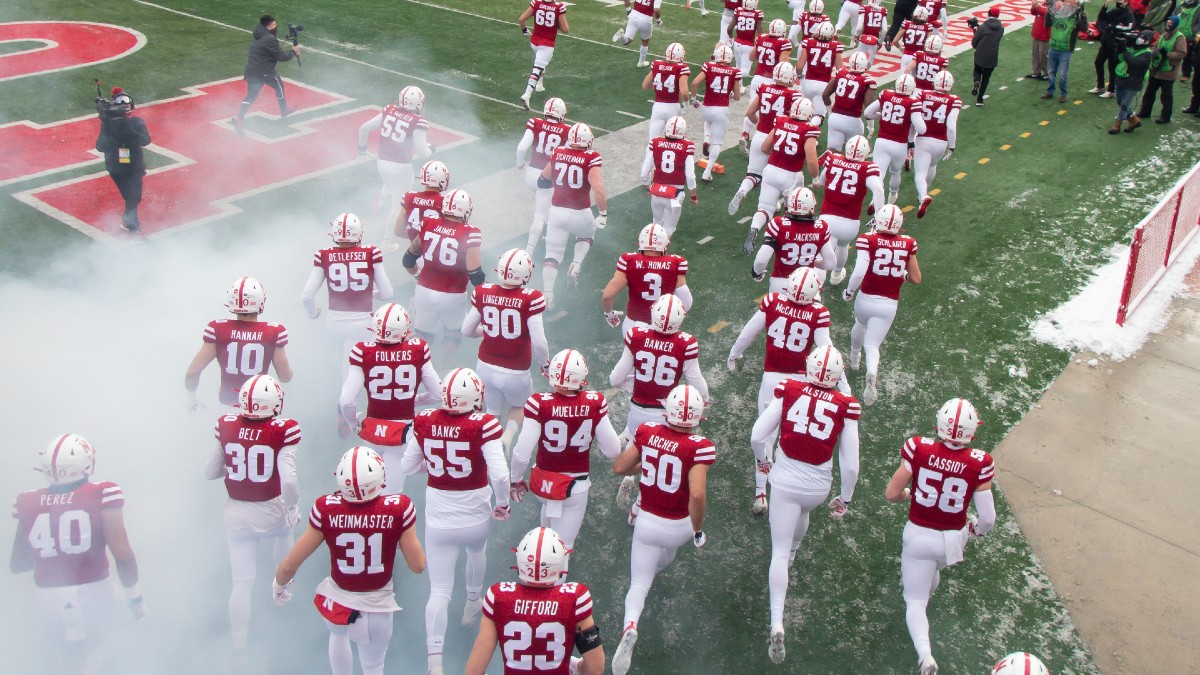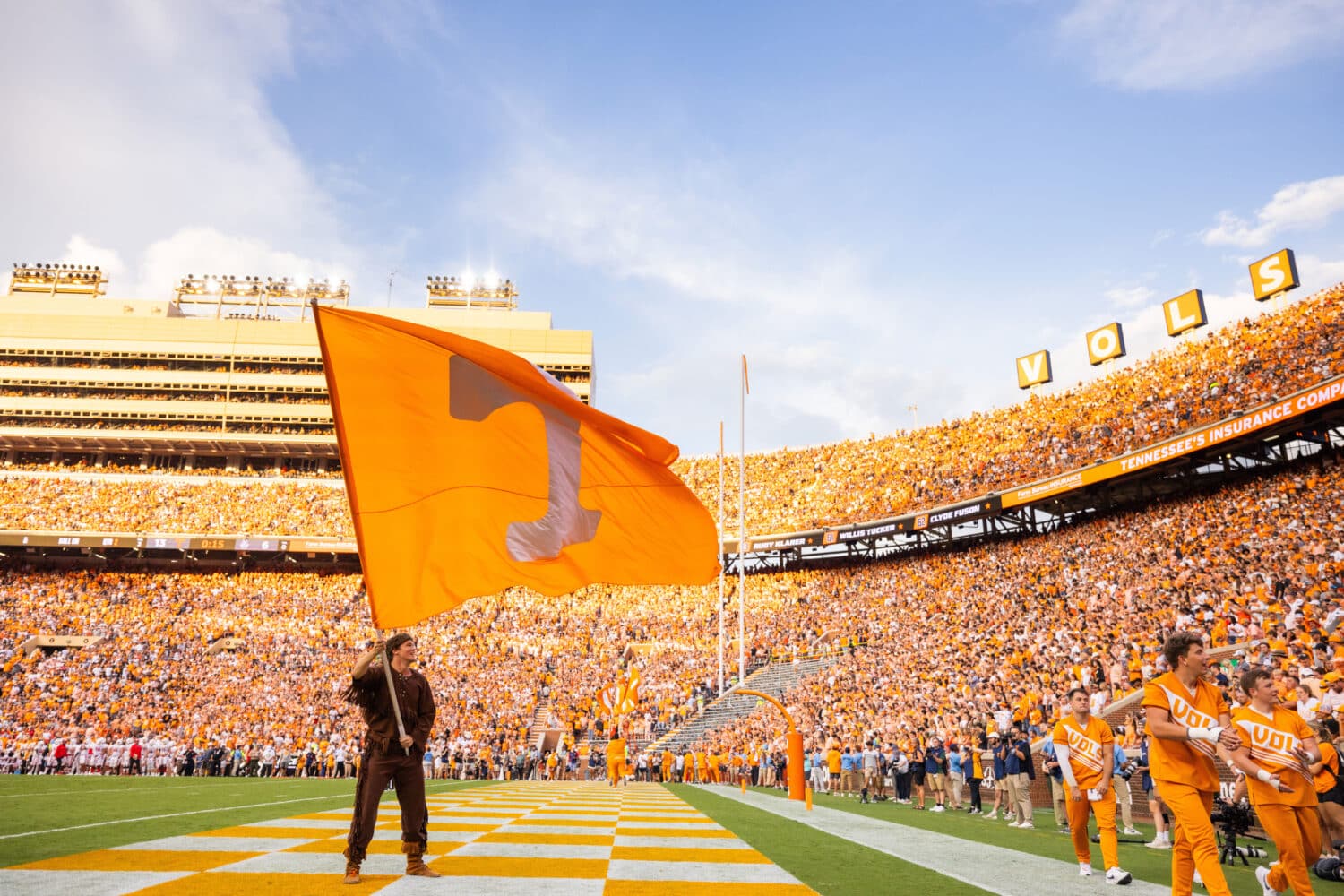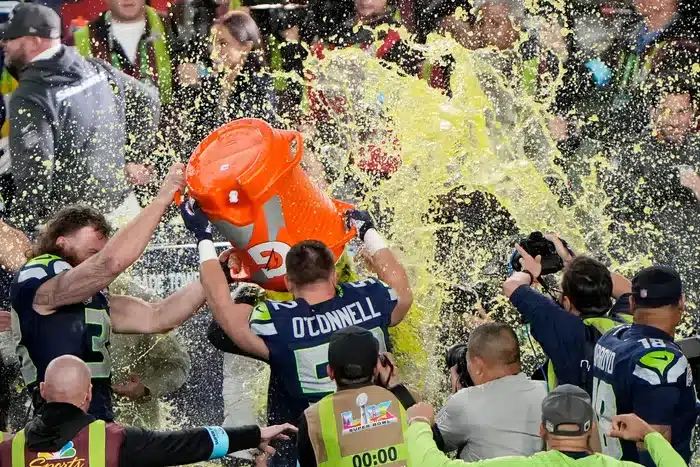
DOJ creates more confusion

On 14 January, the Office of Legal Counsel to the US Department of Justice (DOJ) issued an advisory opinion (actually dated 2 November 2018) concerning the federal Wire Act that reversed its prior interpretation issued in 2011. This new opinion confirmed the DOJ now has the interpretation that the Wire Act prohibits interstate gambling activities – not just sports wagering. However, the opinion has provided more questions than answers.
The Wire Act is a federal criminal law enacted in 1961, together with other federal laws, for the purpose of targeting organized criminal activities that crossed state lines. The law was supplemented by the Racketeer Influenced and Corrupt Organizations (RICO) Act and others passed in 1970. During this time, the only state with legal sports wagering and casino gambling was Nevada.
The Wire Act has four core elements: First, a betting or wagering business; Second, activity that crosses state or international boundaries; Third, the use of wire communications; Fourth, activity that involves bets, wagers, or information assisting the placement of bets or wagers. What this means is the Wire Act does not target bettors, but operators of gambling.
Prior to 2011, the DOJ held the opinion the Wire Act made it illegal for sports wagers, lotteries, and casino gambling to cross state lines with use of wire communications, such as telephones, internet, or mobile technology. Most enforcement continued to be against sports betting operations and even the famous Black Friday poker indictments in 2011 did not allege violations of the Wire Act. However, states including Nevada did not feel comfortable issuing internet gambling licenses, even on an intrastate basis, because of the DOJ’s position.
In 2009, New York and Illinois asked the DOJ to confirm whether intrastate online lottery sales would be prohibited under the Wire Act. After two years of waiting, on 23 December 2011, the DOJ responded with an advisory opinion that the Wire Act only applied to sports betting and that intrastate online gambling activities were not prohibited.
Technically, under this new opinion, if I am a casino operator in Las Vegas and send a text message to a high roller customer in California with an offer to arrange for transport and accommodations in exchange for a certain amount of play, I could be sending information that assists in the placement of bets or wagers
This led to four states ultimately approving internet casino gambling and about nine states offering online lottery products. After the Murphy decision from the US Supreme Court last May, a handful of states authorized intrastate mobile sports wagering, like what had already been possible in Nevada.
The new DOJ opinion says the Wire Act prohibits four activities by gambling businesses: First, transmitting bets or wagers across state lines on any type of gambling; Second, using wire communications to provide “information assisting in the placing of bets or wagers” on sports; Third, using wire communications for money or credit from betting or wagering; Fourth, using wire communications to provide “information assisting in placing of bets or wagers” on any gambling activity, except for sports betting between two jurisdictions where it is legal.
With this current opinion, the DOJ reversed its 2011 opinion and created a lot of uncertainty within states that offer technology-based wagering. The DOJ first and foremost declared the Wire Act as applying to all forms of gambling. This means any interstate online gambling activity is considered a crime. This position takes a direct hit to interstate compacting between New Jersey, Delaware and Nevada for online poker games.
The three biggest uncertainties created by this new opinion will ultimately come down to how strictly the DOJ will enforce its new opinion. The DOJ apparently is expected to issue enforcement guidelines that may offer some help in understanding who and what is targeted by this new opinion. Meanwhile, states and gaming operators are left to wonder whether intrastate activities are impacted, whether financial companies and institutions will prevent transactions, and whether a prohibition on “information assisting the placement of bets or wagers” will be broadly extended.
One significant uncertainty is whether the DOJ will enforce action against intrastate gambling activities. In the 2011 opinion, the DOJ put to rest concerns about the routing of gambling information that may have crossed outside the boundaries of a state during the process of a bet being made and a bet being accepted within a state, which is also referred to as intermediate routing. For example, if I use my Verizon phone to place a wager on a mobile casino game in New Jersey with a New Jersey internet casino site, even if Verizon technology transmitted the data through communication routes that crossed into New York (where internet gambling is not legal), so long as I was located in New Jersey and the site accepted the bet in New Jersey, that routing of information was not a concern.
However, the current opinion seems to suggest, but does not directly address it, that even routing of information that crosses outside of a state’s borders could trigger a violation of the Wire Act. If they took this position through enforcement, this means any intrastate mobile or online gambling activities – sports betting, lottery, or casino – could be prohibited.
The next major concern is whether DOJ enforcement will result in banks, credit card companies, payment processors and other financial institutions restricting patrons from using services to legally gamble. With the interpretation that the Wire Act prevents the transmission of a wire communication entitling a recipient to money or credit from a bet or wager made, companies that provide services to gambling operators and patrons may be reluctant in order to avoid an allegation of “aiding and abetting.”
Finally, the last concern is how broadly the DOJ will enforce against “information assisting in the placement of bets or wagers.” Technically, under this new opinion, if I am a casino operator in Las Vegas and send a text message to a high-roller customer in California with an offer to arrange for transport and accommodations in exchange for a certain amount of play, I could be sending information that assists in the placement of bets or wagers. It is highly unlikely the DOJ intended that level of reach from its opinion, but, without further guidance, how do legal and compliance professionals advise clients on what activities are captured by that language?
Shortly after the DOJ issued its new opinion, a memo was issued that enforcement would be held for 90 days to allow states and operators time to comply with the terms of the advisory opinion. Unfortunately, because this new opinion is confusing, states and operators are unsure of the extent of compliance required. Without knowing how broadly the DOJ will enforce its current position, states and operators are in a suspended state of uncertainty. Meanwhile, it is possible states may pursue declaratory action asking for a court to give legal clarity to how the Wire Act should apply.
There are a few Circuit Court of Appeals decisions that limited the scope of the Wire Act to sports wagering only that could be persuasive. Some assert Congress could always amend the Wire Act, but given the law has remained unchanged for 58 years, there isn’t a tremendous amount of hope there.
Essential Casino & Betting Guides
Looking for the best casinos or betting sites? Below you’ll find our recommended guides for 2026.
- Best Gambling Sites
- Real Money Online Casinos in 2026
- Best Betting Sites USA
- Top Bitcoin Betting Sites for February 2026
- Offshore Sportsbooks
- Canada Online Casinos
Tags/Keywords
Players trust our reporting due to our commitment to unbiased and professional evaluations of the iGaming sector. We track hundreds of platforms and industry updates daily to ensure our news feed and leaderboards reflect the most recent market shifts. With nearly two decades of experience within iGaming, our team provides a wealth of expert knowledge. This long-standing expertise enables us to deliver thorough, reliable news and guidance to our readers.






